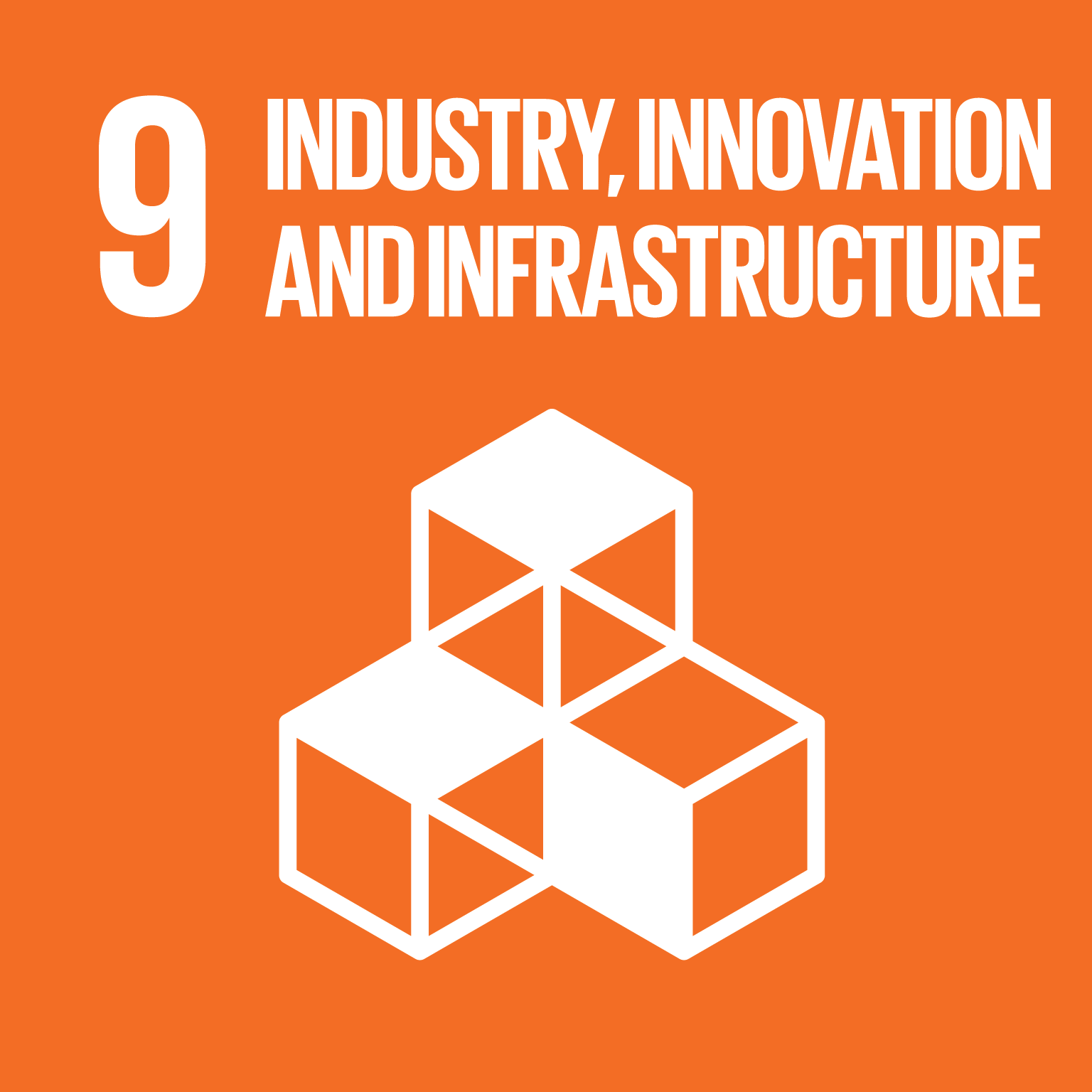Agricultural Development and Enhanced Food Security in the MENA Region and Central Asia
Challenges
Freshwater is one of the most fundamental ecosystems for sustaining life. Globally, rain-fed agriculture is practiced on 83 per cent of cultivated land and supplies more than 60 per cent of the world’s food. However, this resource is under stress due to the challenges of climate change and the world’s growing population has limited access to good-quality, clean water. This has led to an increase in water-related conflicts. From Morocco to Kazakhstan, water stress in the Arab States and Central Asia is the highest in the world.
In addition, statistics show that world hunger rates are rising again after a prolonged decline, driven by the increased conflicts and often exacerbated by climate-related shocks. Given the interrelatedness of these two problems, addressing them will require an integrated approach.
Towards a Solution
In view of the above, the International Fund for Agricultural Development (IFAD), the Islamic Development Bank and the United Nations Office for South-South Cooperation (UNOSSC) are supporting a cross-regional grant project that seeks to address the challenge of rising food insecurity and rural poverty and the growing demand for water resource management by further advancing technical cooperation and exchanges among selected countries across the Near East, North Africa, Central Asia and Europe. The countries involved are Algeria, Hungary, Kazakhstan, Kyrgyzstan, Morocco, Sudan, Tunisia, Turkey and Uzbekistan. This IFAD/ UNOSSC initiative benefits from South-South and Triangular Cooperation (SSTC) to leverage knowledge-sharing and best practices among participating countries.
The project has three main objectives:
- To successfully transfer innovative solutions in water preservation technologies, cultivation of water-efficient crops and cattle breeding;
- To create more favourable policy and institutional spaces to scale up (i.e. replication, adaptation or expansion) successful solutions in agricultural production and income generation; and
- To facilitate South-South knowledge exchange based on documented successful solutions and methodologies, as well as through online access to relevant home-grown expertise and solutions.
The SSTC-ADFS (Agricultural Development and Enhanced Food Security) partnership initiative was officially launched on 18 November 2014 in the framework of the Global South-South Development EXPO 2014. Between June 2015 and December 2017, the three thematic corridors initially identified for the partnership initiative were further expanded to include additional topics of interest for the participating countries, thanks to the additional financial contribution of the Islamic Development Bank, which joined the partnership initiative in 2016. As a result, the partners have agreed on a total of eight thematic cross-regional corridors. Each has taken lead responsibility for the knowledge-sharing activities in the domain in which it has valuable expertise. The expanded thematic areas are:
- Farmer-based organizations (Turkey);
- Agricultural biotechnology (Hungary);
- Effective livestock development (Algeria);
- Sustainable irrigation and sustainable use of water resources (Morocco);
- Public-private partnerships in agricultural development and food security (Sudan);
- Horticulture development (Uzbekistan);
- Effective use of pasture and rural tourism (Kyrgyzstan); and
- Sustainable aquaculture (Tunisia).
Since the project activities began in 2015, 12 international exchange workshops have been organized, involving over 700 participants comprising technical experts, government officers, representatives of farmers cooperatives, research centres and extension services. To date, 71 home-grown innovative and practical solutions that address development challenges in the participating countries have been documented on an online solutions mapping portal (agro.southsouthworld.org). The project initiated practical replication and adaptation of solutions proven to be successful in originating countries. For example, the Mobile Extension Value Added (MEVA) mobile application developed in Uzbekistan that provides access to value chain information for farmers has been adapted and developed for piloting in Hungary, Kyrgyzstan, Sudan and Turkey.
The project continues to identify opportunities for synergy with other initiatives supported by the national and international stakeholders and that serve as a framework for new partnership initiatives and agreements between participating countries. This has been the case for Algeria, Morocco and Tunisia on one hand and Hungary and Sudan on the other. These countries have set up agreements to enhance their bilateral and triangular cooperation in the sectors of cross-border pastures and institutionalized cooperation at the policy level.
The beneficiary countries have expressed strong interest in continuing the triangular partnership with all member countries, UNOSSC, IFAD and the Islamic Development Bank. Discussions are ongoing between UNOSSC and several governments to expand the membership of the cross-learning and knowledge-sharing initiative, thereby further mainstreaming South-South and triangular cooperation in the MENA region, Central Asia and beyond.
Contact Information
Mr. Abdelkarim Sma, Regional Economist, NEN Division, IFAD Grant Manager, a.sma@ifad.org Mr. Edem Bakhshish, Chief, Division for Arab States, Europe and the CIS, UNOSSC Grant Manager, edem.bakhshish@unossc.org
Countries involved
Algeria, Hungary, Kazakhstan
Nominated By
China Institute for South-South Cooperation in Agriculture (CISSCA)
Supported By
IFAD, Islamic Development Bank, UNOSSC
Implementing Entities
UNOSSC, national partners
Project Status
Completed
Project Period
9/2014 - 12/2019
URL of the practice
www.arab-ecis.unsouthsouth.org/our-work/south-south-and-triangular-cooperation-for-agricultural-development-and-enhanced-food-security/Primary SDG
01 - No Poverty
Secondary SDGs
01 - No Poverty
Similar Solutions






